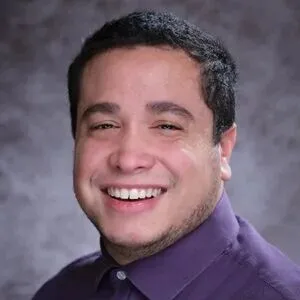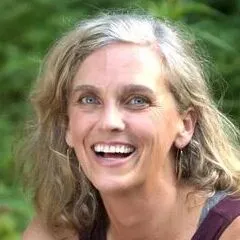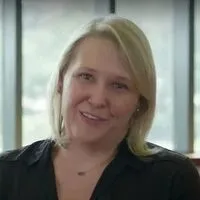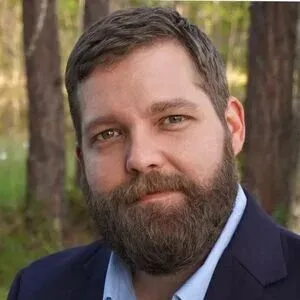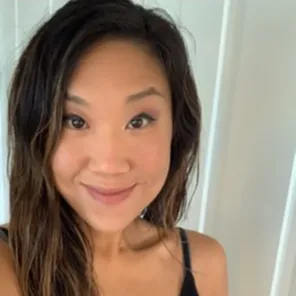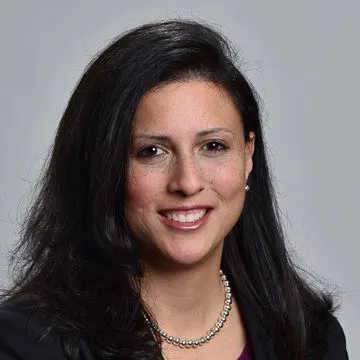- Go to Section:
- Admission Requirements
- Curriculum
- Career Outcomes
- Faculty
- FAQs
Make a Difference with an Online MSW
-
Whether you are changing careers or seeking new ways to change lives, Florida State University’s online Traditional Master of Social Work (MSW) is your path to making a profound impact. In just three years, gain the knowledge and practical experience you need to unlock more career opportunities and autonomy.
Our accredited MSW qualifies you to pursue licensure and become a Licensed Clinical Social Worker (LCSW). As an LCSW, you can assess, diagnose, and treat patients independently—ultimately increasing your opportunities to make a difference.
-
-
-
-
Whether you are changing careers or seeking new ways to change lives, Florida State University’s online Traditional Master of Social Work (MSW) is your path to making a profound impact. In just three years, gain the knowledge and practical experience you need to unlock more career opportunities and autonomy.
Our accredited MSW qualifies you to pursue licensure and become a Licensed Clinical Social Worker (LCSW). As an LCSW, you can assess, diagnose, and treat patients independently—ultimately increasing your opportunities to make a difference.
A Leader in Social Work
As one of the first universities to offer an online Master's in Social Work accredited by the Council on Social Work Education (CSWE), Florida State has led the way in making high-quality social work degree accessible to all. As an online student, you join our legacy each time you engage with our distinguished curriculum or esteemed educators and practitioners.
Our commitment to innovation and excellence is reflected in our top 15% national ranking among social work graduate schools. At FSU, you will receive the clinically-focused education that empowers you to make a meaningful difference in your community and beyond.
Watch the video to discover why students choose FSU.
Curriculum Snapshot
Our clinically-focused curriculum qualifies you to pursue a license in clinical social work. This is a sample list of courses you will take while enrolled in the online Traditional MSW program. For a complete course list, please download your guide.
This course focuses on reciprocal relationships between human behavior and social environments. Content includes empirically based theories and knowledge that focus on the interactions between and among systems of all sizes, including individuals, groups, societies, and economic systems. Theories and knowledge of biological, psychological, sociological, cultural, and spiritual development across the lifespan are critiqued, especially as they relate to at-risk populations. In addition, theories and knowledge about the range of social systems (individual, family, group, organizational, and community) in which people live are examined, including the ways social systems promote or deter people in maintaining or achieving health and well-being.
This course provides an initial opportunity to investigate the relationships among individual and collective social welfare and public policy in American society from a social work perspective, with emphasis placed on understanding these relationships in terms of social and economic justice. Particular attention is paid to acquisition of skills necessary to engage in policy advocacy and formulation consistent with social work values and ethics, fostering an appreciation for the roles played by social workers in the development of the American welfare state, and reviewing the history of the social work profession.
This course provides students with knowledge and skills related to the theory, research, and implications of child and adolescent maltreatment for child development and psychopathology. Course content is presented within the context of child welfare practice and social work with children and adolescents in public agencies and programs. Particular attention will be given to common psychological disorders that result from maltreatment and accompanying treatment issues. Issues related to individuals, families, groups, and communities are covered and attention is given to working with ethnic minorities, women, gays and lesbians, and persons with disabilities.
This advanced practice course emphasizes development of clinical skills. Students will refine their clinical skills, building on the research-based, nonspecific (common factors) components of therapeutic work (i.e., therapeutic alliance, empathy, goal consensus/collaboration, positive regard/affirmation, and genuineness) and specific factors (validated treatments). The course provides in-depth coverage of three empirically based models; Solution Focused, Motivational Interviewing, and Interpersonal Therapy. Learning applications of techniques informed by these models provides opportunities to enhance professional use of self. The course examines similarities and differences among models and allows students to discern appropriate use of techniques, client populations, settings, and problem interactions. Students will develop competency in the ethical and strength-based use of these models.
As part of this course, all students will be required to participate in a mandatory Zoom session.
Next Application Deadline
March 1, 2026
Next Start Date
May 11, 2026
.
A Trusted & Essential Profession
Social workers play a pivotal role in our communities, addressing important issues and supporting vulnerable populations.
The demand for skilled social workers continues to grow, reflecting the critical role they play in society. Their roles are multifaceted and impactful, addressing a wide range of social issues like mental health, policy development, child welfare, crisis intervention, educational support, and more. Earning an MSW builds clinical competence and confidence to support communities in new ways.
Master's in Social Work Career Outcomes
It is estimated that 67,300 new social workers are needed each year until 2032. Earning a Master's Degree in Social Work could elevate your impact, employability, and annual earning potential by over $13,000 more than those with a BSW alone based on factors such as industry, title, and location.
According to the Council on Social Work Education, an MSW prepares social workers to:
Our online social work degree program provides in-depth training in areas like clinical practice, policy analysis, and community organization, enabling social workers to address a wide range of challenges. This program is also the first step to becoming a Licensed Clinical Social Worker (LCSW), which allows you to practice and provide clinical services without supervision.
Sample job titles for graduates may include:
- Case management supervisor
- Clinical social worker
- Crisis manager
- Licensed mental health therapist
- Private practitioner
Meet Our Dedicated Faculty

Carol Campbell Edwards
BSW Program Director, Professional Development Director, Associate Teaching Professor

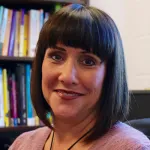
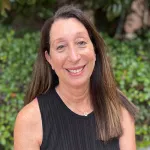
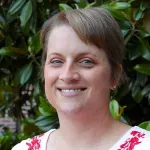
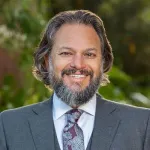
Frequently Asked Questions
For more than 100 years, FSU has offered classes on social welfare—establishing us as a center of social work practice and policy.
We are renowned for our research contributions and quality of education. U.S. News & World Report ranks us in the top 12% of social work graduate schools.
All coursework is completed online except for two Weekend Workshops at Florida State’s main campus in Tallahassee and two field placements that develop practical competence and confidence through hands-on experience.
The difference between our programs is dependent on your undergraduate experience.
The Advanced Standing MSW is available to students who have completed a bachelor’s degree in social work from a Council on Social Work Education (CSWE) accredited institution.
The Traditional MSW is for students who hold a bachelor’s degree in any concentration other than social work.
The Traditional MSW program is 61 credit hours. Tuition varies based on your location:
- In-state (Florida): $444 per credit hour
- Out-of-state: $625 per credit hour
Costs are subject to change. Additional course fees may apply.
An online Master of Social Work equips you to achieve and lead greater outcomes in schools, communities, government, healthcare, and public and private organizations. Possible roles could include:
- Case management supervisor
- Clinical social worker
- Crisis manager
- Licensed mental health therapist
- Private practitioner
We’ve created an interactive tool to help you determine if our program meets licensing requirements.
Follow these steps:
- Click here to get started
- Program: Clinical/Medical Social Work
- Major: Social Work – MSW (Clin/Adv) or (Clin Trd) based on your bachelor’s degree
- Then, choose your state from the available options
Remember that licensure requirements can change, so it’s essential to check your state’s licensing agency periodically.
No, the College of Social Work does not require a GRE at this time.
We're Here to Help
Ready to change lives? Click the button below to get started and get your guide. An advisor will connect shortly to answer your questions and share more about how Florida State can help you make a difference.
- Admission Requirements
- Course Descriptions
- Field Placement Details
- Application Steps
- Tuition & Financial Aid
- Upcoming Deadlines

